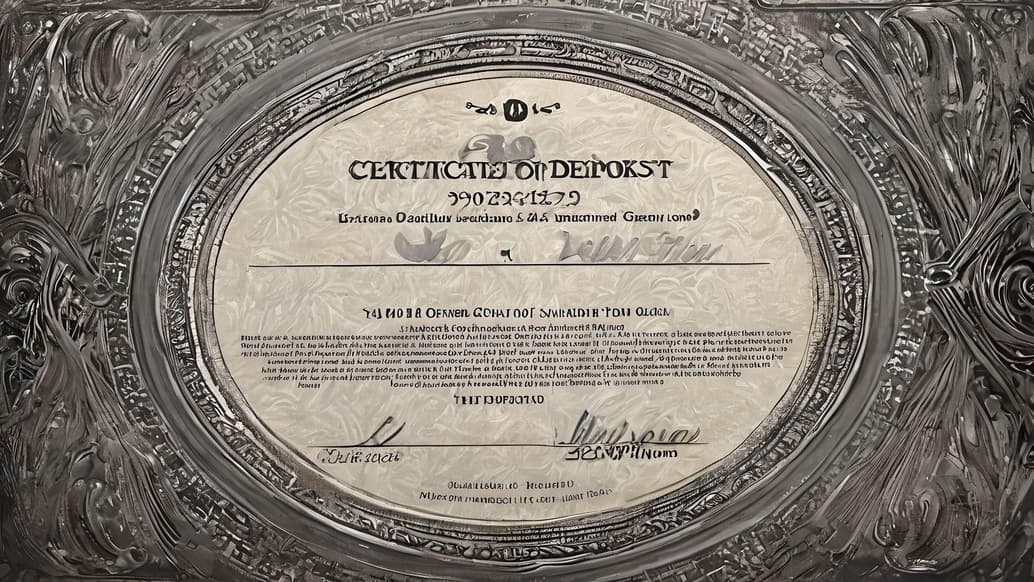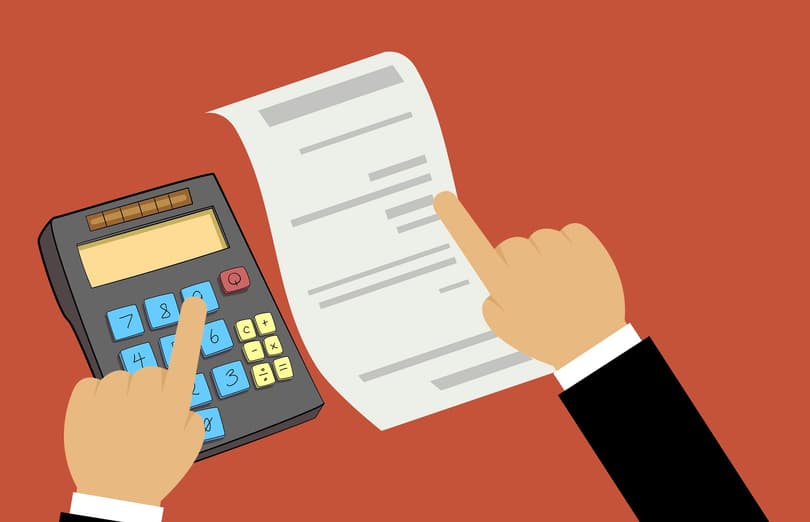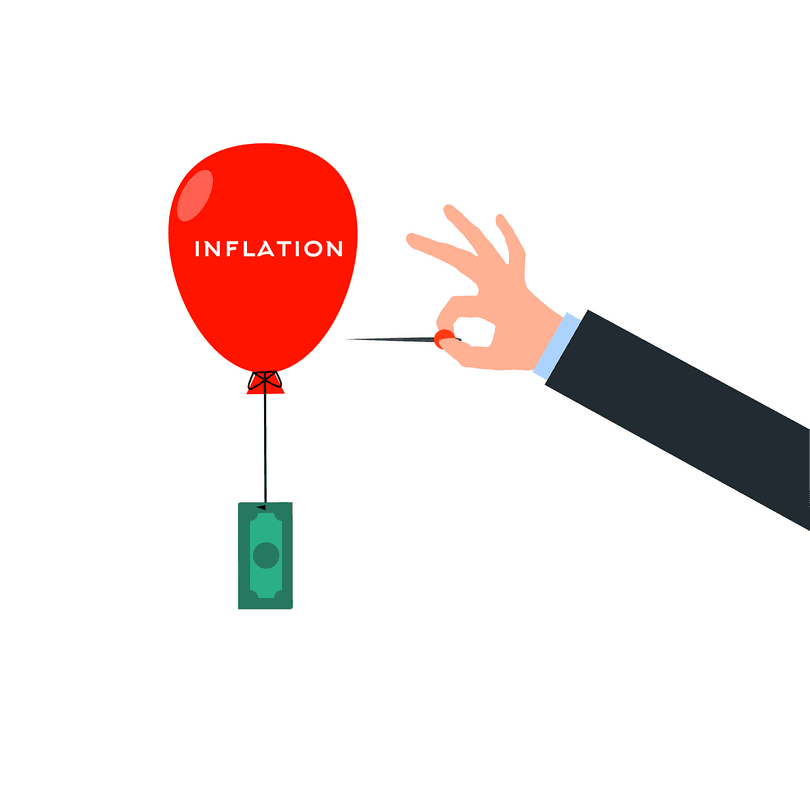Сertificate of Deposit (CD): Main Points Investors Should Know

Have some money saved up and seek ways to make it grow? In case you have been choosing between investment options and savings products and still can’t make up your mind, this is where a certificate of deposit swoops in.
What is a certificate of deposit or CD? It's a fixed-term investment offered by a bank or credit union. You agree to sock away a specific amount of money for a set period, from a few months to several years. In return, the financial institution will pay guaranteed interest, which is often higher than that of a regular savings account.
As the CD account meaning suggests, interest rates typically remain unchanged during the whole term of the deposit, thus keeping market fluctuations at bay. Besides, your initial contribution is normally insured by FDIC or NCUA up to $250.000.
If you already have a bank account, you can open a CD online through it. You can also complete the entire procedure through a bank if you are not yet a client. Those who are new have to provide basic personal details and their SSNs.
Before you open an account, you should decide on the term, as this will influence your APY. The terms vary depending on the bank but are usually from 1 month to 10 years. You should also choose a sum you can put towards a deposit. The majority of banks require some type of minimum deposit.
Want to learn more about a certificate of deposit account? Let’s explore this topic further and discover how you can boost your savings.
WHAT ARE THE MAIN PROS AND CONS OF CDs?
To help you decide whether a CD is the right tool for you, it is crucial to consider its advantages and disadvantages. The merits and demerits of opening CDs include the following:
- Safe place to keep your money: When you open your CD account through an FDIC-insured bank, you can be confident that your money is safe;
- High rates: If we compare CDs with savings accounts, CDs typically offer higher interest rates;
- Absence of account maintenance fees: Another advantage is that the majority of CDs don’t charge a monthly maintenance fee, which is common for money market and savings accounts;
- Flexible term options: When opening an account, you can decide on terms and thus customize them to your needs and goals;
- Transparency of guaranteed returns: As the rates are normally fixed, you can easily calculate your yields even before you open an account.
As for the disadvantages, you should keep in mind the following:
- Withdrawal penalties: If you suddenly need money, you will have to pay a penalty when withdrawing it from a CD account ahead of time;
- Lower returns compared to stocks: CDs offer a high level of safety, but this comes at a price. Investing in mutual funds and stocks will generally bring you more money;
- Risks associated with inflation: The APY of CDs is fixed, which means that there is a possibility that inflation will eat up all your savings.
Different Types of CDs: Choosing the One for Your Needs

Now that you know the certificate of deposit account meaning, you should puzzle out the different types of CDs available on the financial market. To pick the one that will cater to your needs, it’s essential to explore all options available and understand how they stack up against each other in interest rates, terms, and penalties.
- Traditional CD: It’s a classic choice that locks in your funds for a specified term at a fixed interest rate, ensuring predictability and stability;
- Variable Rate CD: Its interest rate fluctuates based on market conditions. Potentially offering higher returns, it carries more risk;
- Bump-up CD: It’s a flexible option, enabling you to hit a higher interest rate if it becomes available during your term. More often than not, it offers a one or two-time rate increase;
- Add-on CD: Coming with the bonus of adding more funds to your existing CD, this type enables you to beef up your investment over time;
- No-Penalty CD: It boasts the freedom to withdraw funds before maturity, and you won’t incur hefty penalties. Yet, this CD might feature a slightly lower interest rate;
- Callable CD: Providing higher interest rates, it grants the bank the right to call back your contribution before maturity. So, there is a potential that you’ll have to search for a new plan;
- High-Yield CD: Aimed at yielding higher returns, this CD often requires a larger initial deposit and might have longer terms. As such, it’s ideal for more substantial gains;
- Jumbo CD: Living up to its name, this type is based on a substantial initial deposit (from $100,000). In return, it might offer noticeably higher interest rates than standard CDs.
To answer the question “What is a CD for me?”, you should weigh your priorities and match them with the type of deposit that perfectly aligns with your savings objectives. You can pick high-yield, jumbo, callable, or bump-up CDs to embrace the potential of higher returns. A traditional type is a surefire method for those who favor stability. On the other hand, variable-rate and add-on CDs provide flexibility. But remember, where there are higher gains, there might be more strict penalty conditions and limited terms. Be thorough, and don’t forget to check out those aspects!
Strategies to Boost Your CD Returns

What is a CD account and how to squeeze the most out of it? With the first part being already answered, the second part hinges on a few strategies meant to maximize your gains.
- CD Distribution: This approach involves spreading your funds across multiple CDs with varying maturity dates. You'll benefit from higher interest rates on the longer-term deposits and still have access to some parts of your money at regular intervals when the shorter-term CDs mature;
- CD Laddering: At a glance, this strategy is similar to CD distribution, relying on deposits with different terms. However, as each CD matures, you reinvest it into a new longer-term CD, creating a continuous cycle of investment and access to funds;
- Diversification: Mix and match different types of certificate of deposit accounts or deposits from different financial institutions to take advantage of varying interest rates and terms that meet your goals.
Steering Clear of CD Missteps

While certificate of deposit accounts are a promising field for growing your earnings in savings overall, they always come with risks. So, you should be mindful of common pitfalls that could impact your returns.
- Inflation: While these deposits offer security, the interest rates may not always outpace inflation, dwindling the CD’s purchasing power over time;
- Taxes: Interest earned from CDs is taxable income. Depending on your tax bracket, this could tangibly impact your actual gains;
- Fees: Some CDs might come with maintenance fees, cutting into your earnings;
- Early Withdrawal Penalties: You might need access to your funds before the CD matures could result in penalties, which can range from a few months' worth of interest to a percentage of the withdrawn amount.
To sidestep these risks and get the most out of your CDs:
- Consider short-term or flexible deposits to handle inflation;
- Split your investments to spread the tax burden;
- Scrutinize the CD’s terms and conditions to know all the nuances and fees;
- Create an emergency fund readily accessible to cover unexpected expenses to avoid early withdrawal penalties.
Final Thought
Though not a one-size-fits-all solution, CDs are great financial tools for bolstering your savings with guaranteed returns. Just take your time to outline your goals and choose the certificate of deposit account type to back up your financial goals. Stay informed, weigh your options, and make choices that work best for you.
FAQ
What are the benefits of opening a CD account?
The most attractive benefits of a certificate of deposit include higher interest rates, guaranteed returns due to fixed rates, and enhanced security due to federal insurance.
What are the major drawbacks or risks of opening a CD account?
The certificate of deposit account’s biggest flaw is the inability to cash out funds before the deposit matures, since it will result in penalties. That’s not to mention inflation risks and tax implications.
How do I open a CD account, and what are the requirements?
Normally, you can do it by visiting a financial institution or applying online. Just choose the CD type and prepare personal information to verify your identity before applying.
How do I choose the right CD?
To choose a perfect CD, you need to be aware of your financial goals. Once you know how much you want to earn and need to invest, you should decide on the term length and compare different rates. It is best to choose a CD with the minimum deposit you can afford.
How does a CD differ from a traditional savings account?
The most significant difference between the two is that a savings account offers more flexibility in terms of money withdrawals. As opposed to a savings account, you cannot withdraw money from CDs without paying penalties.
How do CD interest rates work?
CD interest rates work the same way as your standard savings account. The bank will pay a certain interest on the initial deposit you make and also the accrued interest you will earn over time thanks to your CD. The interest is compounded according to intervals established by the bank.




